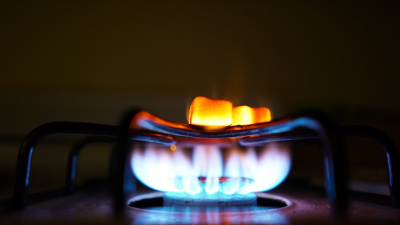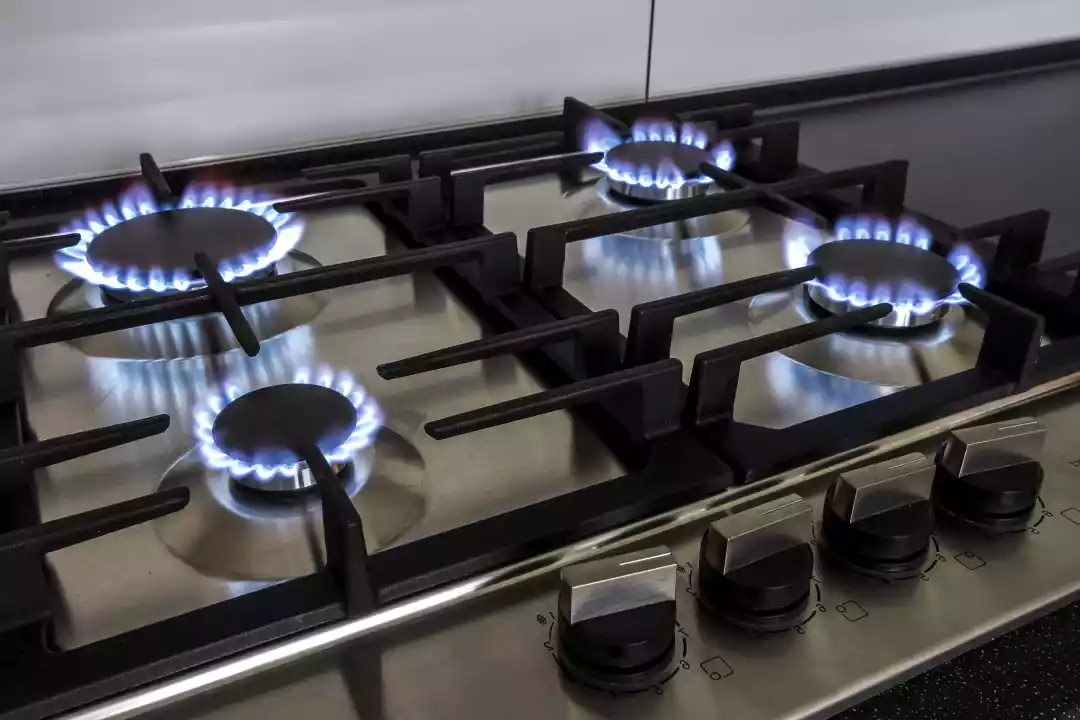How often should you get a gas safety check for your home?
It is vitally important to ensure that all gas appliances in the home are safe to use. This means regular gas safety checks need to be carried out and certain legal requirements must be met. Knowing how often should a gas safety check be done can help homeowners and landlords stay safe and compliant.
It is recommended that homeowners in the UK have a gas safety check at least once every 12 months. During this check, gas engineers will inspect all gas appliances, boiler and pipework for safety and efficiency. In addition, they will check for carbon monoxide (CO) levels as part of the check. If any problems are discovered, they will be repaired immediately to ensure the safety of the home. If any appliances are more than 10 years old, it is important to replace them as soon as possible.
What are warning signs to look out for?
There are a few warning signs that can alert homeowners and landlords to potential problems with their gas appliances. These include smelling gas, yellow flames instead of blue flames, higher than normal heating bills, pilot lights going out, black marks around the appliances, increased condensation and any unexplained health problems such as headaches or nausea. If any of these signs are present, it is vital to get a gas safety check as soon as possible.
In addition, it is important to keep on top of maintenance of the appliances. This includes keeping areas around the appliances free from clutter and debris, as well as making sure that filters and vents are regularly checked and cleaned. Doing this can help to reduce the risk of gas leaks, fires and carbon monoxide poisoning.

Need assistance finding gas safety near you?
Get a QuoteHow often do landlords need to get a gas safety inspection?
Landlords in the UK have to follow different gas safety regulations than homeowners. By law, landlords are required to get a gas safety inspection carried out by a Gas Safe Engineer at least every 12 months. The landlord must also issue a gas safety certificate to their tenants within 28 days of the inspection being carried out. On top of this, it is also important for landlords to ensure that all gas appliances and flues supplied by the landlord are serviced and maintained in accordance with the manufacturer's instructions.
What happens if a property fails its gas safety check?
If a property fails its gas safety check, then the engineer must immediately switch off all gas appliances and advise the landlord not to turn them back on until any problems have been rectified. This could mean that some appliances need to be fixed or replaced, any flue pipes need to be cleared of blockages, or any damaged pipework needs to be repaired or replaced. Until the problems are resolved, no gas appliances can be used.
How often should a gas safety certificate be issued?
A gas safety certificate should be issued to tenants within 28 days of a gas safety inspection being carried out. This certificate is proof that the landlord has had the property inspected by a qualified engineer and that all the gas appliances and flues are in good working order. It is important to note that even if the property passed the inspection, if more than 12 months have passed since the last inspection, then a new certificate must be issued. It is also important to keep records of any certificates issued for up to two years.
By understanding when and how often to check gas safety for both homeowners and landlords, everyone can ensure that their home and appliances are safe and secure. Regular checks are an important part of making sure that everyone is protected from threats such as carbon monoxide poisoning and gas leaks.
In this article:

